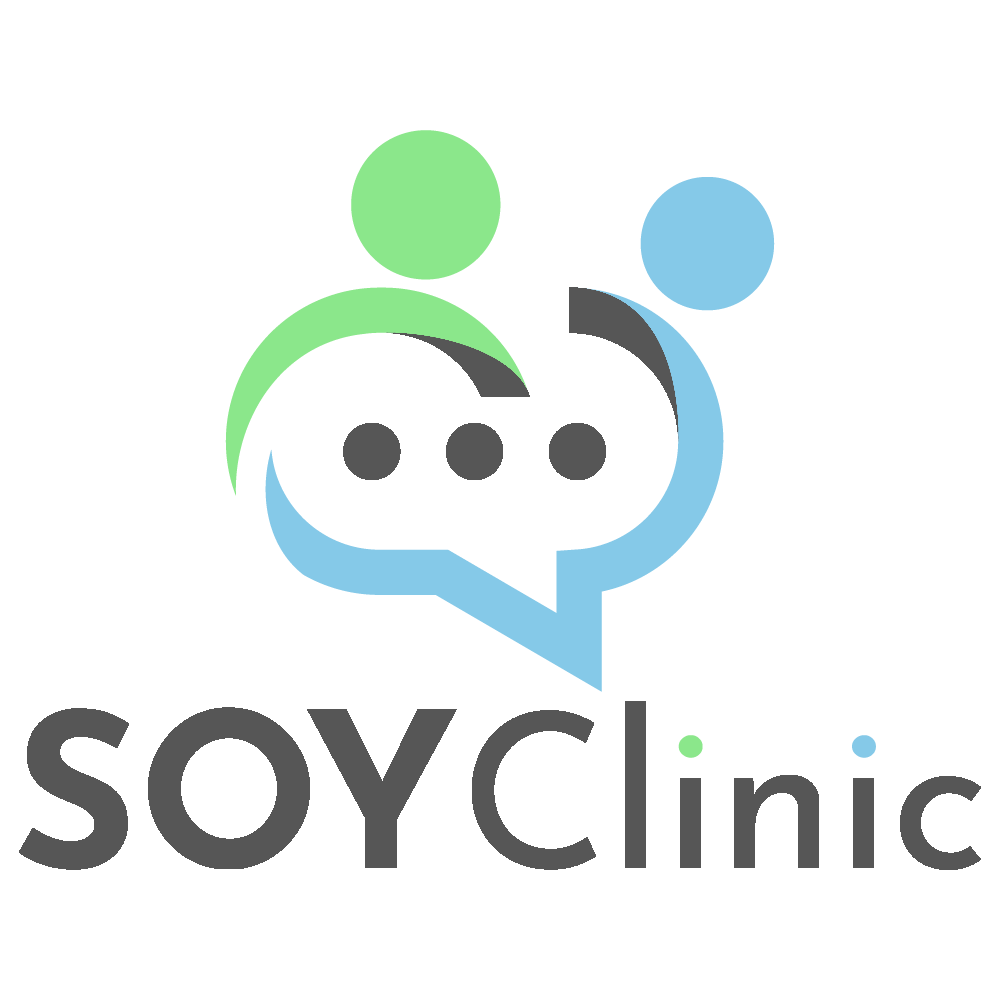Tips and Tricks for Handling Conflict:
Insights from a Counsellor
As a professional counsellor, I have navigated the turbulent waters of interpersonal conflict countless times. These conflicts can arise within any kind of relationship, whether it’s between couples, family members, or coworkers. In this post, I want to share some of my tried-and-tested tips and tricks for handling conflict, with the hope that they can help you achieve more harmonious relationships.
Understanding Conflict
Firstly, it’s crucial to understand that conflict is not necessarily a bad thing. It’s a natural aspect of human interaction, signalling differences in needs, interests, or values. The way we handle conflict, however, can determine whether it results in growth and resolution or causes harm and discord.
Active Listening
“To listen is to give someone the experience of being heard.”
Active listening is a powerful tool that can diffuse tension, foster understanding, and promote resolution. It involves fully engaging with the speaker, both verbally and non-verbally. This means maintaining eye contact, showing empathetic facial expressions, summarizing their points, and asking relevant questions. By demonstrating that you genuinely care about their perspective, you can create a safe space for open and honest communication.
Embrace the Power of ‘I’ Statements
“I” statements are a simple yet transformative shift in the way we express our feelings.
Instead of starting sentences with ‘You,’ which can be perceived as accusatory, start with ‘I,’ which expresses how you feel about the situation. For example, instead of saying, “You never listen to me,” you could say, “I feel unheard when I’m speaking, and it frustrates me.” This approach personalizes your feelings without blaming the other person, promoting a less defensive and more open dialogue.
Seek to Understand, Then to be Understood
“True empathy requires understanding before seeking to be understood.”
In the heat of the moment, we often focus on getting our point across instead of trying to understand the other person’s viewpoint. It’s essential to take a step back, listen carefully to what they’re saying, and validate their feelings. This doesn’t mean you have to agree with them, but showing empathy can significantly help de-escalate the conflict.
Identifying Underlying Needs
“Every conflict is a manifestation of unmet needs.”
Conflicts often arise from unmet needs, whether they’re emotional (like the need for respect or appreciation) or more tangible (like the need for space or resources). By identifying and addressing these underlying needs, you can tackle the root of the conflict and find more sustainable solutions.
Practice Self-Reflection
“Self-reflection is the key to self-awareness and emotional regulation.”
Understanding our emotions, reactions, and triggers can greatly improve how we handle conflict. Consider why you respond the way you do: Are you reacting to the present situation, or is the conflict triggering past experiences? Developing self-awareness through practices like mindfulness or journaling can lead to more measured, empathetic responses.
Seek Professional Help if Needed
“There’s no shame in seeking help; it’s a sign of strength and willingness to grow.”
If conflicts are causing distress or harm and you’re struggling to resolve them independently, don’t hesitate to seek professional help. Counsellors, therapists, or mediators can provide valuable insights, facilitate communication, and help all parties reach a satisfactory resolution.
Conflict is a part of life, and navigating it can be challenging. But by embracing active listening, using ‘I’ statements, seeking to understand, identifying underlying needs, practising self-reflection, and seeking help when necessary, you can turn conflict into an opportunity for growth and deeper connection. As a counsellor, I can assure you that with patience, understanding, and the right tools, it’s entirely possible to transform the way we handle conflict.
Quick Links
Useful Links



Copyright © 2023. All rights reserved.

